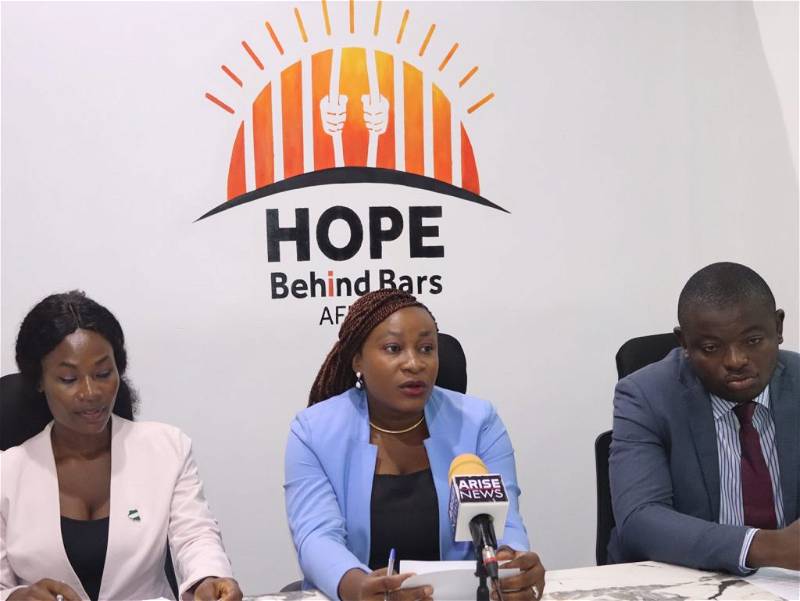
On the occasion of the International Day against Drug Abuse and Illicit Trafficking, Hope Behind Bars Africa, a prominent Civil Society Organization (CSO), has vehemently opposed the proposed inclusion of the death penalty in the Nigerian Drug and Law Enforcement Agency (NDLEA) Act. The organization’s stance was articulated by its Executive Director, Oluwafunke Adeoye, during a press conference themed ‘The Evidence is Clear: Invest in Prevention’.
Adeoye emphasized the detrimental impact of introducing capital punishment for drug offenses in Nigeria, citing its potential to undermine human dignity and hinder criminal justice reforms. She underscored the CSO’s commitment to evidence-based solutions that address the root causes of crime while upholding the rights and dignity of all individuals.
The CSO argued against the deterrent efficacy of the death penalty in curbing drug trafficking, pointing out that countries with high execution rates for drug offenses, such as Iran and Saudi Arabia, continue to face significant drug-related challenges. Furthermore, they highlighted the misalignment of such penalties with international human rights standards, as affirmed by Nigeria’s commitment under the International Covenant on Civil and Political Rights (ICCPR).
Expressing concerns over the possibility of irreversible injustice inherent in death penalty cases, Adeoye stressed the global trend towards abolishing capital punishment, especially for non-violent crimes. She urged the Nigerian government to focus on progressive, humane approaches to tackling drug abuse, including prevention, decriminalization of low-level drug use, and investment in rehabilitation programs.
Hope Behind Bars Africa reiterated its support for the Legal Aid Council in ensuring access to justice for the socio-economically disadvantaged, advocating for robust legal representation for indigent persons facing capital offenses.
As Nigeria marks this International Day against Drug Abuse and Illicit Trafficking, the CSO called on the National Assembly to prioritize legislative measures that strengthen public health interventions, enhance law enforcement capacity, and safeguard human rights in the fight against drug-related crimes.







